Thank you to everyone who donated generously to fund our scholarships this year. Our fundraising for our 2018 scholarships is complete, but if you’d like to donate to Sirens itself, please visit our donation page to see the types of support we can most use.
In 2018, because of the generosity of the Sirens community, we are pleased to offer twelve scholarships across four categories: people of color, those submitting exemplary programming proposals, those with financial hardships, and librarians, educators, and publishing professionals. Please see our scholarships page for more information and how to apply.

Each year, we invite the Sirens community to help make attendance possible for a number of individuals. As in past years, these scholarships will support people of color, those submitting exemplary programming proposals, and those with financial hardships. This year, we are also offering scholarships to librarians, educators, and publishing professionals. These perspectives are critical to our conversations, and these individuals sometimes find it difficult to attend without additional support.
We are asking for your help! We want to provide twelve Sirens scholarships this year. To do so, we need to raise almost $4,400. That amount will provide a Sirens registration and a round-trip Sirens Shuttle ticket to each recipient.
We know that, just like in previous years, our community can make Sirens possible for others.
Scholarship Donors
Anonymous (9 donors)
Cora Anderson & Justin Pava
Julie Artz
Aura
Karen Bailey
Meg Belviso
Sarah Benoot
Zachary Bernheimer
Faye Bi
Edith Hope Bishop
In Memory of Nellie Blair
Brandi
Beowulf Brews
Sabrina Chin
Claire Coates
Collin
Lindsay Eagar
Charis M. Ellison
Francesca Forrest
Michelle Frogge
Gabriel Family
Suzi Rogers Gruber
Hallie
Christine Hanolsy
Rosamund Hodge
Amanda Hudson
Jaylee James
Joy
Jae Young Kim
Manda Lewis
Catherine Lundoff
S.M. Mack
Virginia McAnulty
Cass Morris
Tina Myers
Jo and Susie O’Brien
Keena Roberts
Sharon
Jennifer Shimada
Simon
Dr. Angela Slatter
Amy Tenbrink
Emma Whitney
What kinds of scholarships will be available?
Scholarships will cover both a Sirens registration and a Sirens Shuttle ticket for each recipient. We’re hoping to receive enough funds to cover the following proposed scholarships, designed to serve a multitude of potential attendees. But in the event that we don’t, we will fund scholarships in the following order:
-
Con or Bust
Con or Bust helps people of color/non-white people attend science fiction and fantasy conventions. This year, Sirens would like to provide Con or Bust with three scholarships in order to help people of color/non-white people attend Sirens. Con or Bust will allocate these registrations according to its rules. -
Programming Presenters
Every voice at Sirens is vital to the vibrancy and diversity of our conversations, but we always appreciate the skill, talent, and expertise that our accepted programming presenters have volunteered to share. This year, we’d again like to recognize three exemplary programming proposals with scholarships. These are merit-based scholarships, and will be selected by a committee. (The selection committee may, in cases where an exemplary proposal has multiple presenters requesting scholarship support, elect to share the award across multiple presenters.) -
Financial Hardship
People sometimes say that money makes the world go ’round; we’d like to counter with the idea that generosity makes the world go ’round. Not all individuals who wish to attend Sirens can afford to do so, and you can help make Sirens a possibility for those who can’t. Sirens would like to award three selected recipients with a scholarship, in the hopes that this will enable them to attend Sirens in the fall. Recipients will be chosen randomly from those who seek assistance. -
Professionals
Librarians, educators, and publishing professionals so often provide exceptional services to book-loving communities—and are, especially at the beginning of their careers or when working for underserved populations, so often paid poorly for their efforts. Therefore, this year, we would like to raise funds to allow one librarian, one educator, and one publishing professional to attend Sirens. Their work—and their voices—are critically important to our conversations.
Why doesn’t Sirens fund the scholarships?
Sirens endeavors to keep the cost of Sirens as low as possible for everyone. Each year, we raise thousands of dollars in donations, auction proceeds, and other fundraising to cover the cost of presenting Sirens itself—costs that include not only overhead items like audiovisual equipment and insurance, but also a portion of individual attendee costs like food and registration t-shirts.
We could simply raise our registration prices. But instead, we suppress our registration prices—and then ask those who are able to pay more to donate, to purchase auction items, and to fund scholarships. We hope that, if you can, you’ll help us raise these funds!























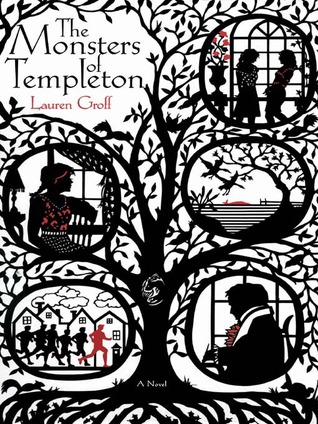
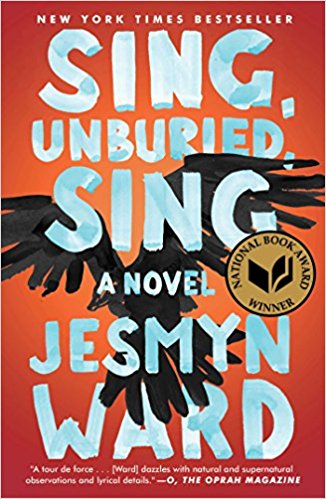
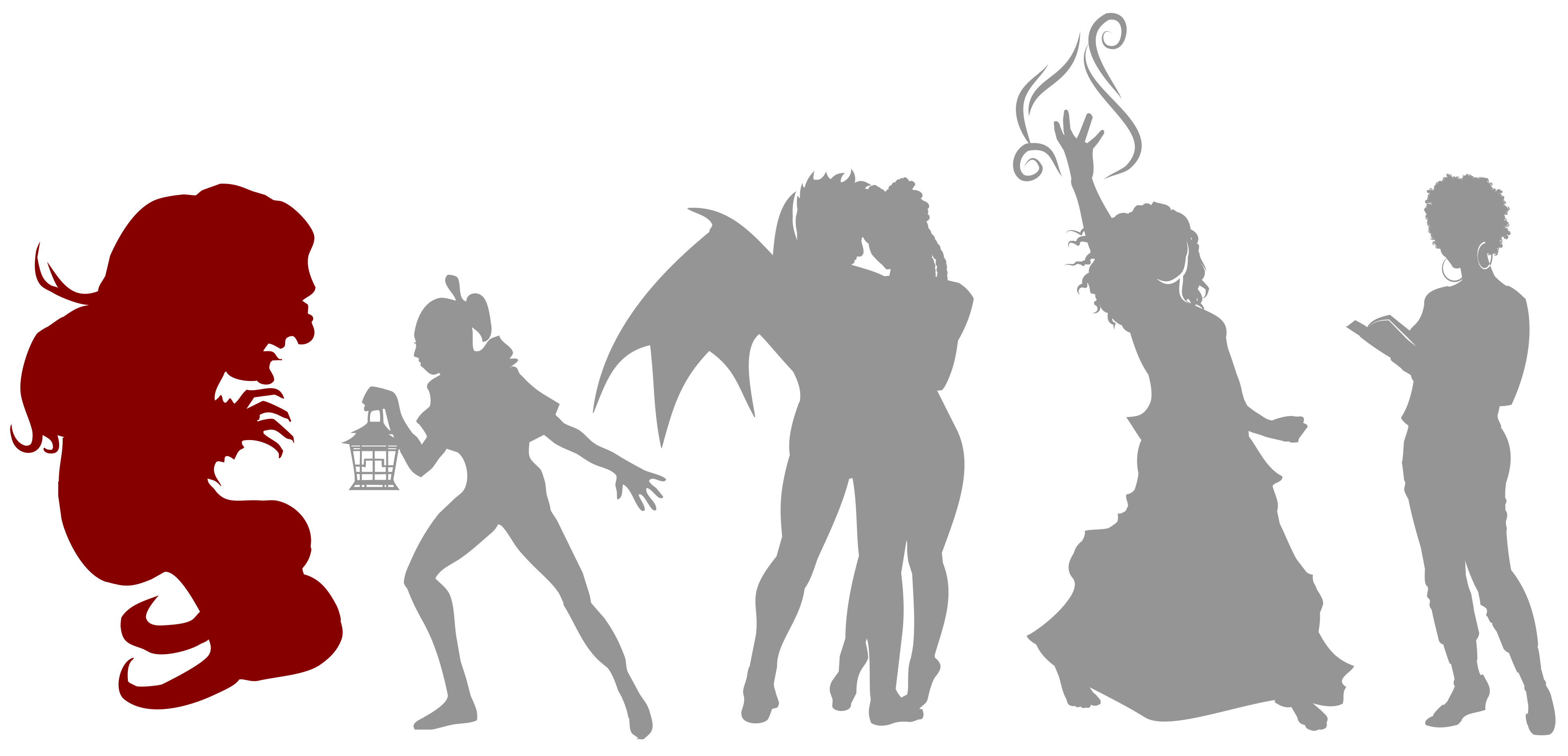
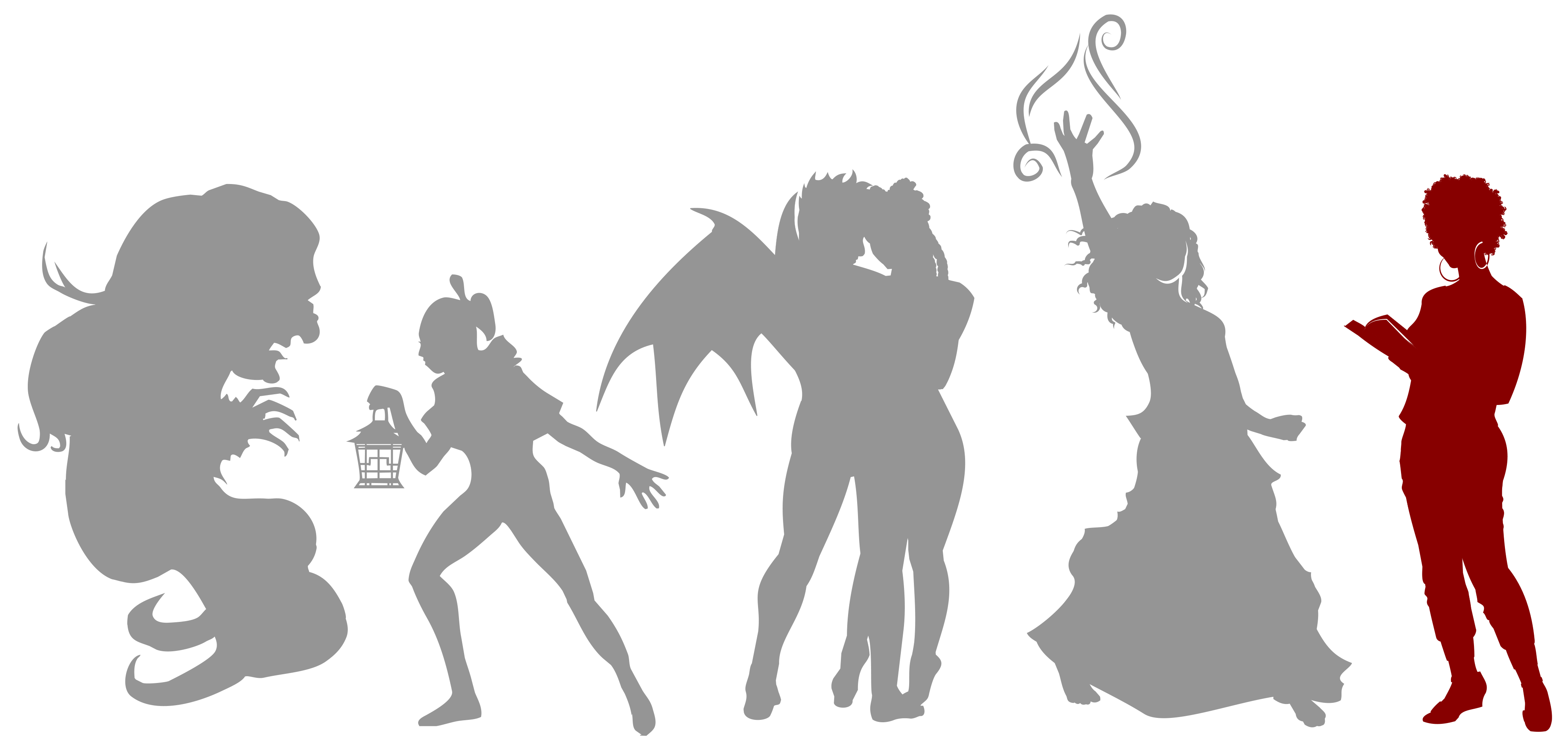






























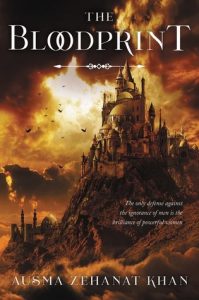
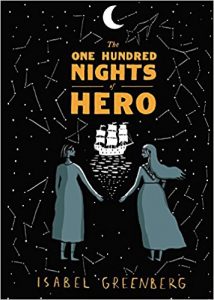



Connect with the Sirens community
Sign up for the Sirens newsletter